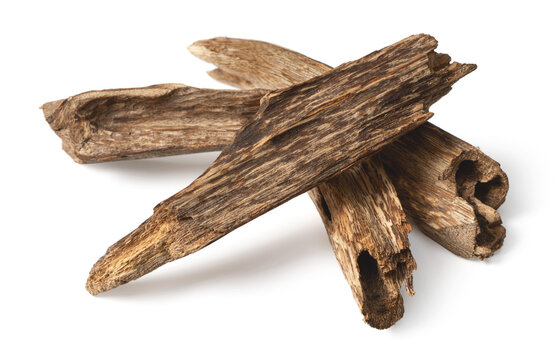A Concise Guide to Agarwood
Agarwood, also known as oud, is a highly valuable and fragrant wood derived from the Aquilaria tree. This guide will delve into its history, production, uses, and cultural significance, providing a comprehensive overview of this extraordinary material.

The Origins and History of Agarwood
Agarwood's history spans thousands of years, with early uses in India for religious and medicinal purposes. It gained popularity through trade, especially among royalty and for perfumery.
Production and Harvesting
Agarwood forms when Aquilaria trees are infected by fungi, leading to the production of resin. Sustainable harvesting practices are crucial due to its rarity. Common methods include controlled cultivation and ethical wild harvesting.

Types and Characteristics
Different species of Aquilaria produce agarwood, with varying qualities. High-quality agarwood is distinguished by its dense, resin-rich heartwood and distinct aroma.
Uses of Agarwood
Agarwood is used in incense, perfumes, traditional medicine, and high-end crafts. Its oil, extracted through steam distillation, is a key ingredient in luxury fragrances.

Geographical and Cultural Significance
Found mainly in Southeast Asia, agarwood holds significant cultural value, especially in religious practices across Asia and the Middle East. Its rarity and unique properties make it a symbol of luxury and spiritual significance.
Market Value and Sustainability
Agarwood's high market value is driven by its scarcity and demand. Ensuring sustainable practices is essential for preserving its availability for future generations.
Agarwood is a remarkable and precious natural resource, celebrated for its unique fragrance and diverse applications. Understanding its history, production, and significance enhances appreciation and supports sustainable use.
Source: Fikri Oud
